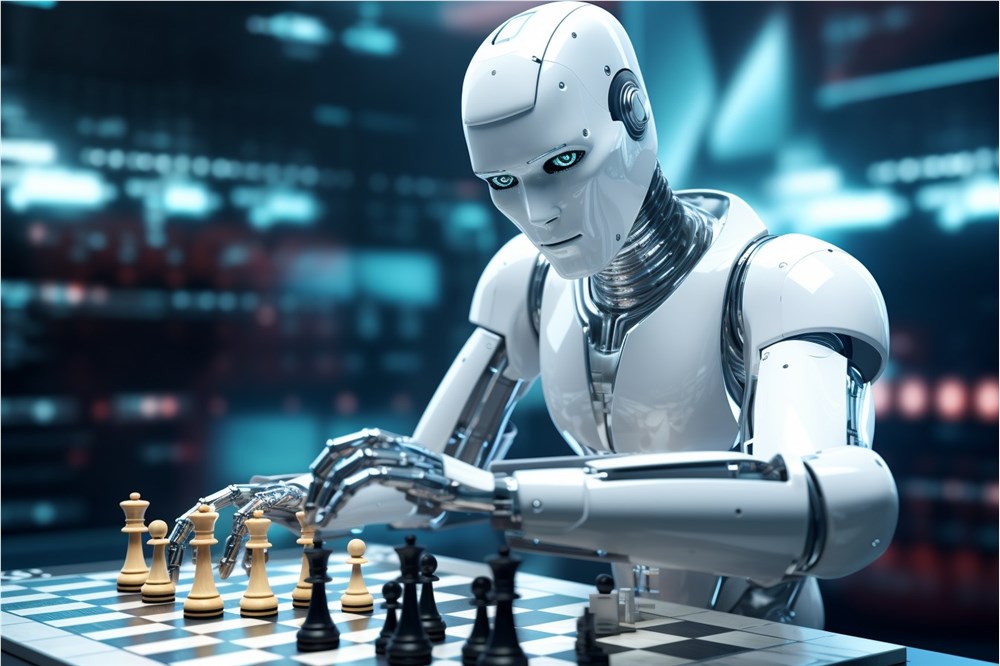Which Professions Are Most Likely to Be Replaced by AI? Did You Know?
-
Recently, a research report released by the UK Department for Education, reviewed by The Telegraph and Daily Mail, revealed which professions are most likely to be replaced by artificial intelligence (AI) and chatbots, as well as which professions are least likely to be affected by AI. The researchers analyzed 365 occupational categories and the various skills required to perform these jobs. Each skill was then compared with the ten most common applications of AI to determine whether the tasks could be sufficiently accomplished by AI.

Image source note: The image is AI-generated, licensed by Midjourney.
Scientists found that jobs requiring higher levels of formal education are more likely to be replaced by AI. Management consultants and business analysts topped the list. Financial managers and directors, along with accountants and psychologists, ranked among the top five professions most likely to be replaced. 'Legal professionals' may also soon become obsolete, ranking eighth.
Given the involvement of chatbots and other large language models like ChatGPT, telemarketers were identified as the most likely to be replaced by this technology. Lawyers or general salespeople ranked second. Psychologists again featured prominently on this list, ranking third in professions most likely to be replaced by chatbot technology.
In contrast, jobs requiring complex technical skills and manual labor are considered the least likely to be replaced by any technology. Unsurprisingly, athletes top the list. Roofers, masons, steel erectors, and parking attendants also rank in the top five. The results confirm that jobs with lower wages or requiring less formal education are the least susceptible to AI disruption.
The report states: "The occupations least exposed to AI and LLMs include many of the same fields, encompassing more physically demanding jobs that are technically challenging, environmentally unpredictable, and lower-paying."
This research provides insights into future career transformations, especially as technology continues to evolve, with AI and chatbots potentially posing threats to traditional professions in certain fields.
